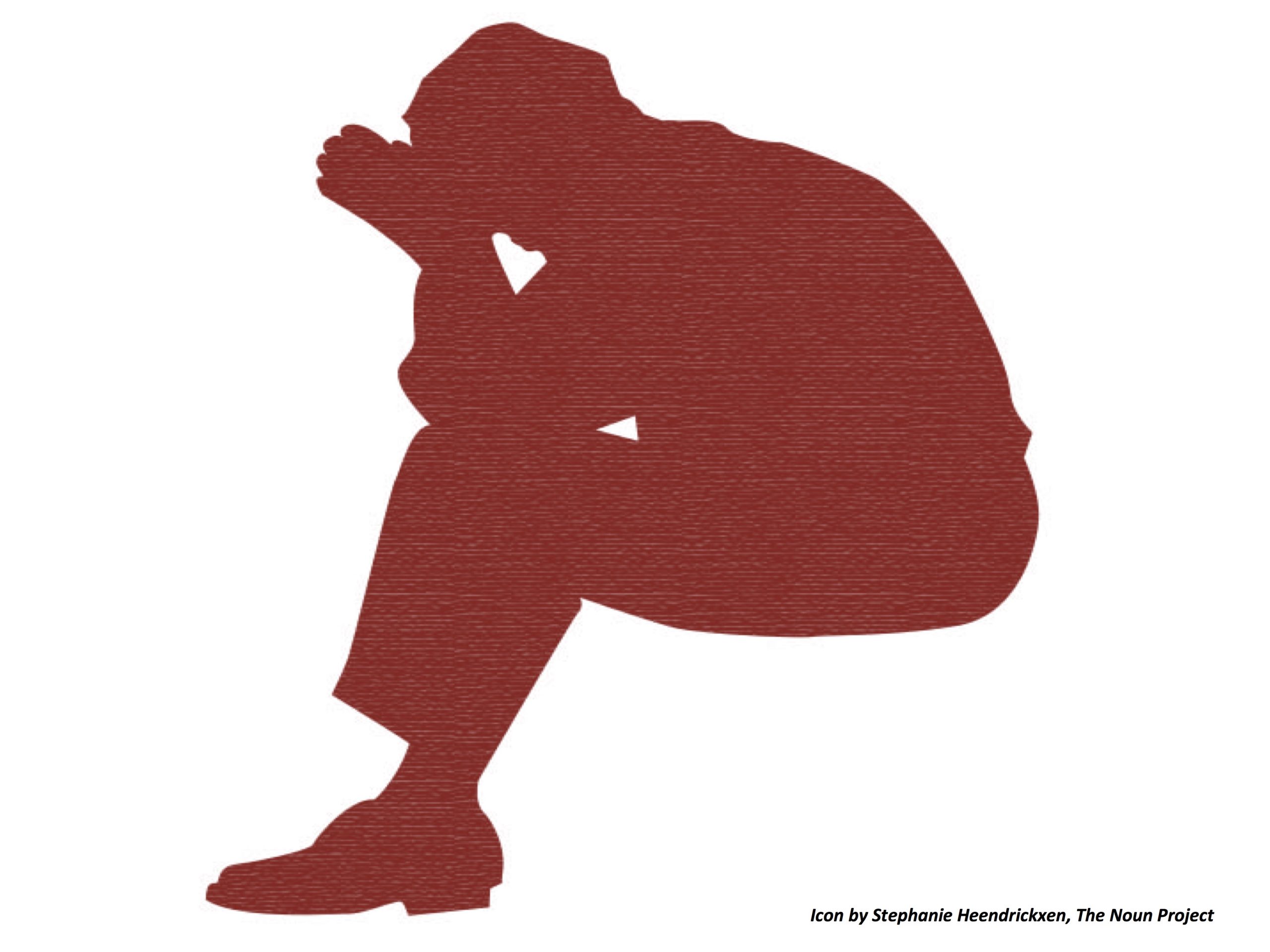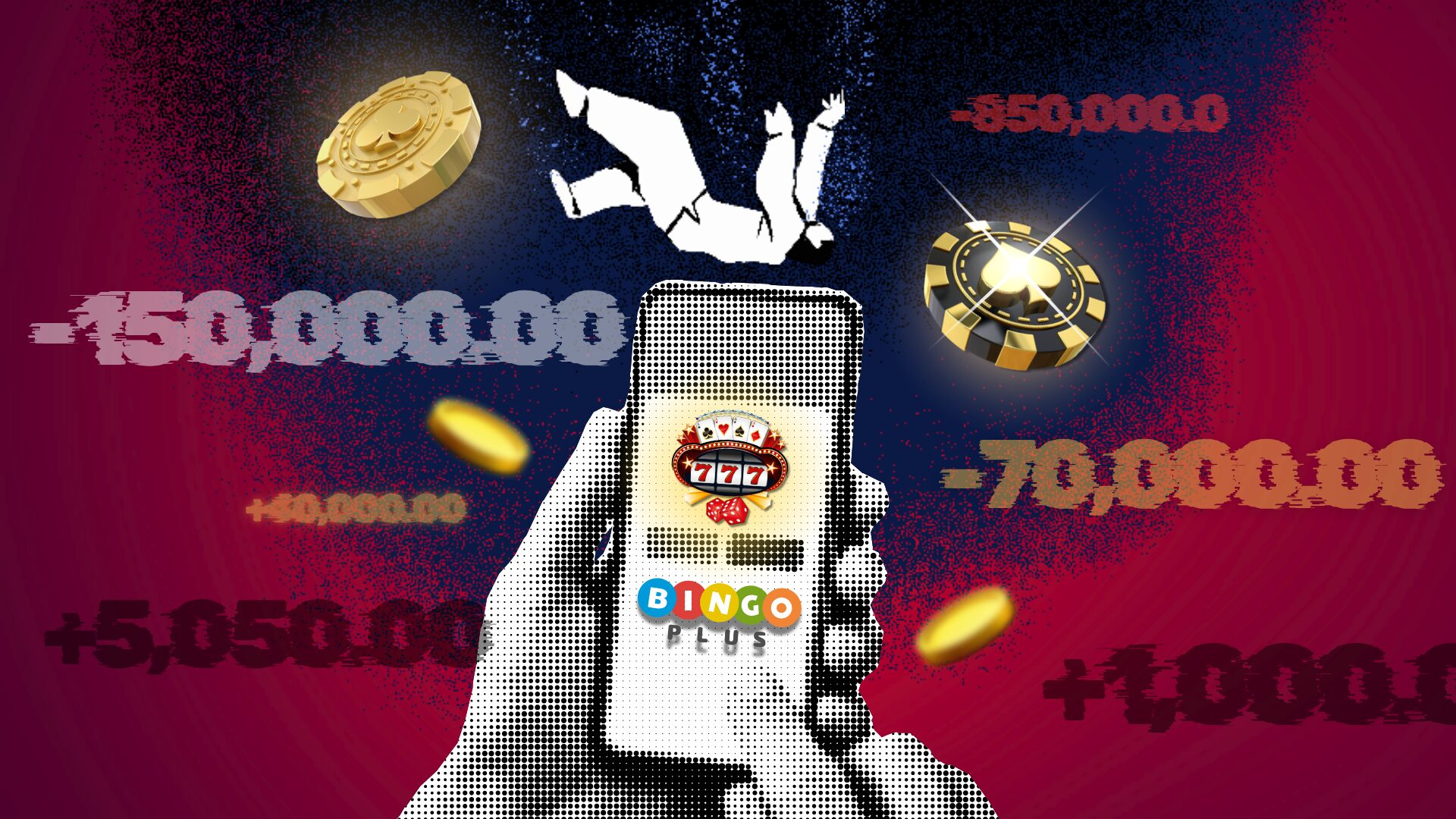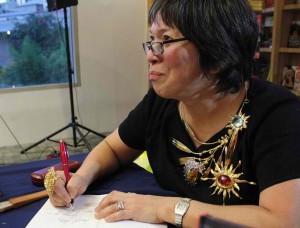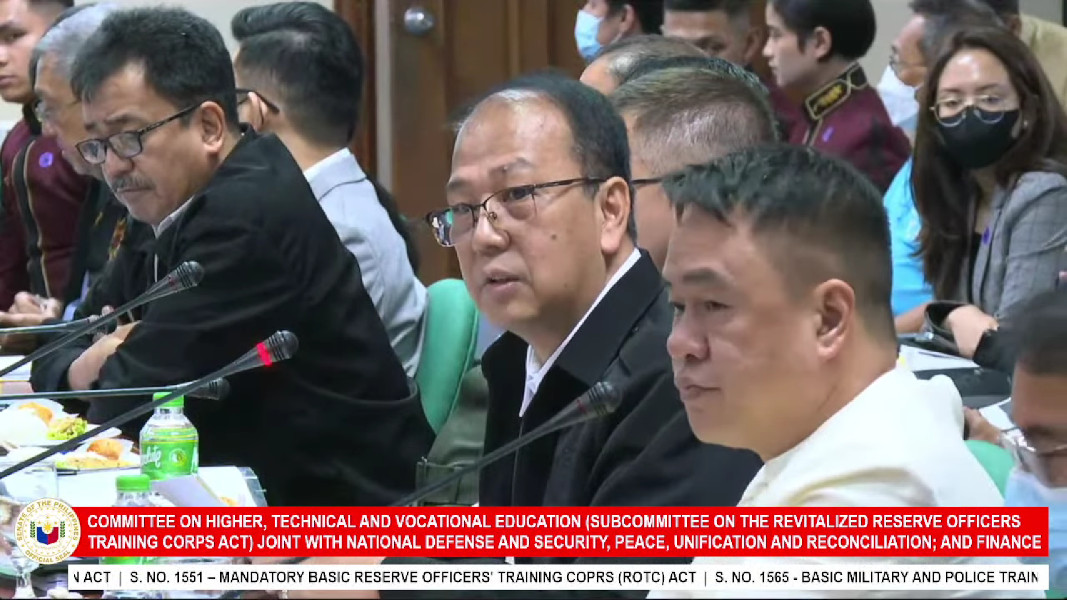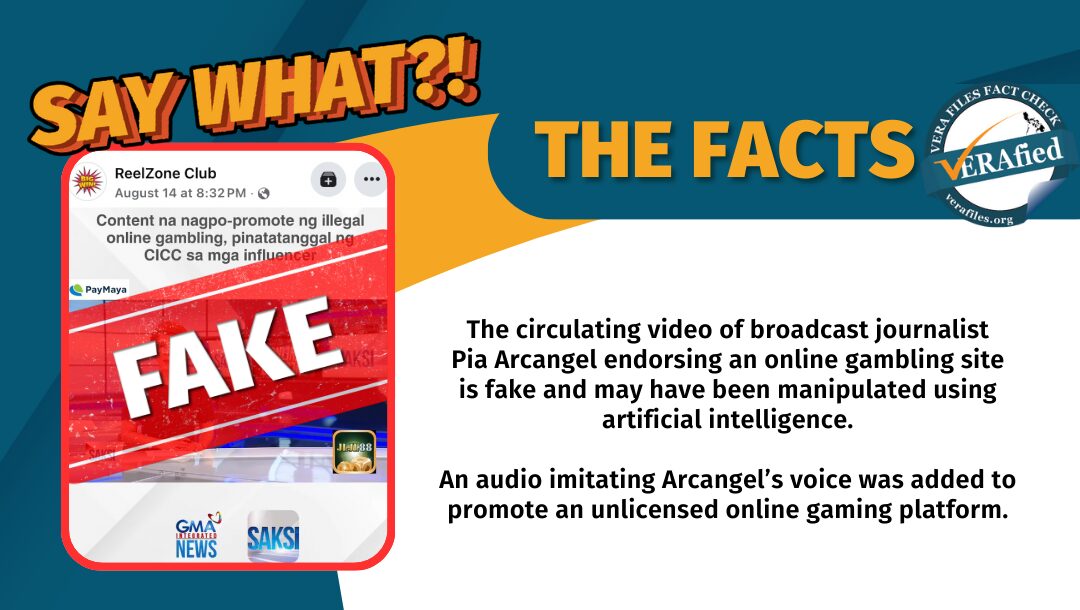The numbers are disturbing. Of the 64% of Filipinos engaged in online betting, 66% are aged 18 to 40.
The statistics are from the 2023 survey of research agency Capstone-Intel Corp., and based on that study, the numbers continue to grow at an alarming rate.
The Philippine Amusement and Gaming Corporation (PAGCOR) said the Philippines’ gross gaming revenues—earnings generated by gambling companies from people placing bets—grew from $3.75 billion in 2022 to $3.8 billion in only the first half of this year.
While there is no exact number of Filipino youth into online gambling, psychological associations, online anecdotes and research agencies observed the rise of younger participants in these platforms.
A 2018 Canadian survey found that almost two-thirds of adolescents, aged 12 to 18, have gambled or engaged in gambling-like games in 2017.
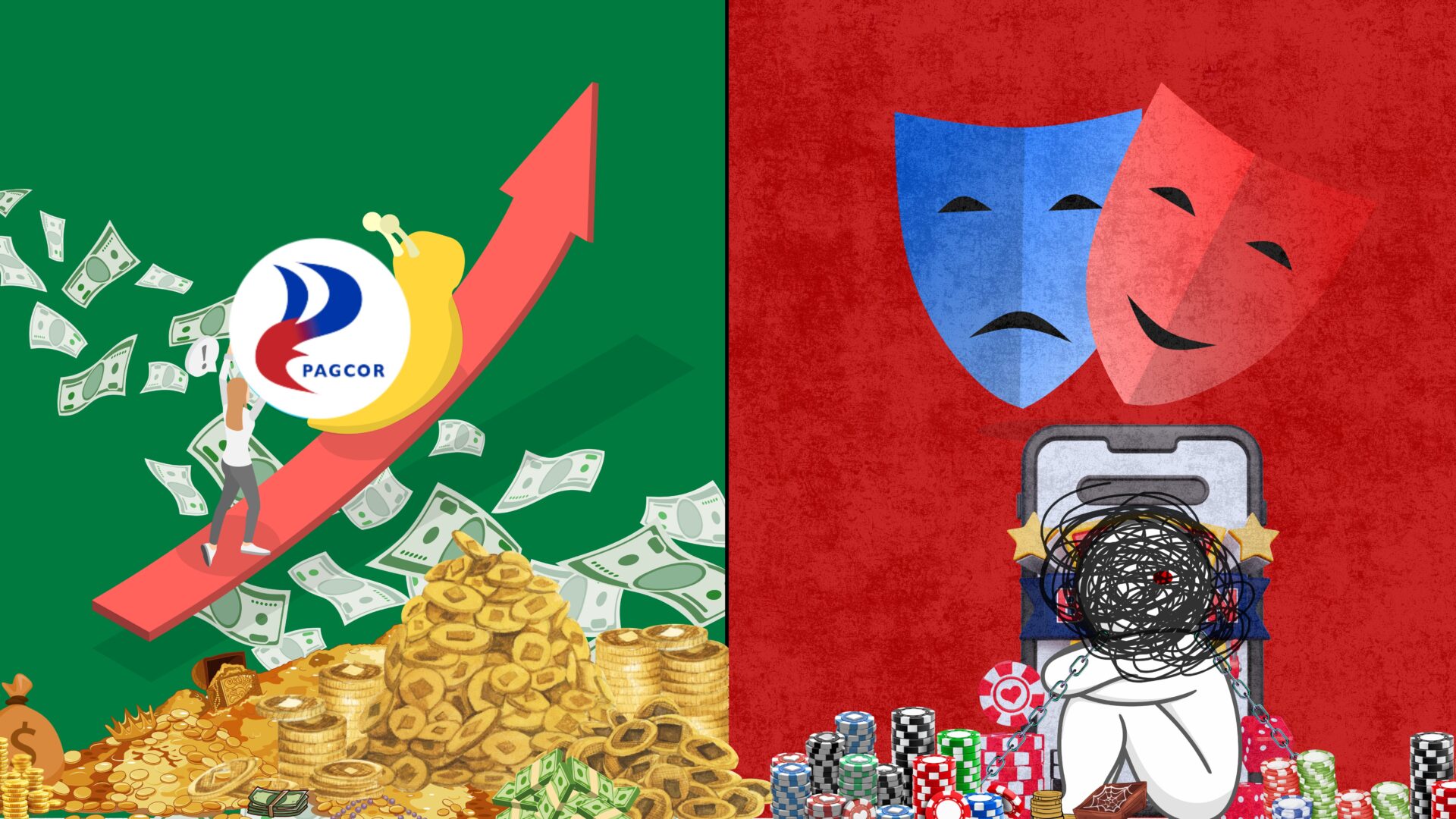
Nicasio Conti, Capstone-Intel Corp. CEO and lawyer, emphasized the “disturbing trend,” where “college students [gamble] away their allowances, minimum-wage earners [are] hooked on online bingo, and influencers normalizing betting as entertainment.”
And the easily accessible gambling apps only perpetuate this rising trend, not to mention the numerous advertisements of well-known Filipino personalities endorsing these platforms.
Gambling with emotions
Online gambling (and gambling in general) is advantageous money-wise, as PAGCOR reported. But psychologically, gambling wreaks havoc on a player’s mental faculties.
“Parang lang… [kung] na-addict ka sa alcohol or… sa drugs, [may reward system],” said psychiatrist Dr. Manuel Luis Bauson in a Sept. 6 Mind Matters interview. “Yun din [ang] nangyayari kung nag-ga-gamble tayo.”
He said that part of the brain that processes emotions – and forms related memories to a particular behavior, like gambling – is the amygdala. Its function is to associate memories with activities that result in either a good feeling (pleasure), such as winning in online games or an experience of fear or anxiety, like losing. That stressful feeling triggers a craving to gamble that develops into an addiction.
And an affected amygdala may result in emotional instability.
“The negative part [of online gambling] is the sudden emotional swing that occurs when I lose,” former e-gambler Alon (not his real name), 21, told VERA Files. “I remember that one time when I lost a huge amount and it made me dissociative to almost everyone for almost a day.”
Gambling addicts endure negative emotions of depression and shame caused by the excitement of playing despite the perceived sense that “there’s something wrong with what he or she is doing,” said clinical psychologist Dr. Randy Dellosa in an ANC 24/7 interview. “There’s also the sense of anxiety of having to be found out [by other people].”
Depression (the persistent feeling of sadness) and anxiety (dreadful, uneasy and fearful feelings) are common effects of online gambling addiction, as found in the studies of Casu et al. (2023), Octavia and Nugroho (2024) and Pelew (2025), which may also be attributed to “financial pressures” when a player falls in heavy debt.
“Na-mentally drain ako [around March 2025]… kasi yung gastos ko is sobrang laki, and lahat natalo,” 24-year-old Luke (not his real name) said.
Luke is a fourth-year college student and a freelance photographer. The largest amount he spent on online gambling reached five digits, which were his savings intended for a new camera lens.
“Parang nasa lowest point na ako [noon], like, kinakausap ko mga classmates ko, [and] I have to borrow money from them,” the working student rued.
But how did this start? Why do Filipinos get hooked on games of chance despite the risks involved?
Philippine gambling culture
The Philippines has been gambling even before the Spaniards set foot on land, with cockfighting, the deathmatch between two roosters, specifically listed by the Spanish conquerors. As Bankoff (1991) put it: “Antonio Pigafetta, the Venetian chronicler of Magellan’s voyage, witnessed bets being placed on cockfights when his ship put in at Palawan in July 1521.”
Fast track to today, casinos and online gambling have been proliferating in the country, made more convenient and accessible by the Internet and e-wallets.
“Nakita ko lang siya sa ad sa YouTube eh,” Luke said. “So, yun, na-curious talaga ako. Tiningnan ko sa GCash, meron sa GCash, and I started playing.”
The Bangko Sentral ng Pilipinas on Aug. 14 issued a memorandum “for the suspension of in-app gambling access from [BSP-Supervised Institutions’] mobile payment apps and websites,” where e-wallets, such as GCash and Maya, are required to unlink from online gambling apps.
But more than accessibility of these gambling platforms, it is the multiple advertisements in social media platforms and along major thoroughfares that contributed to the increased engagement.
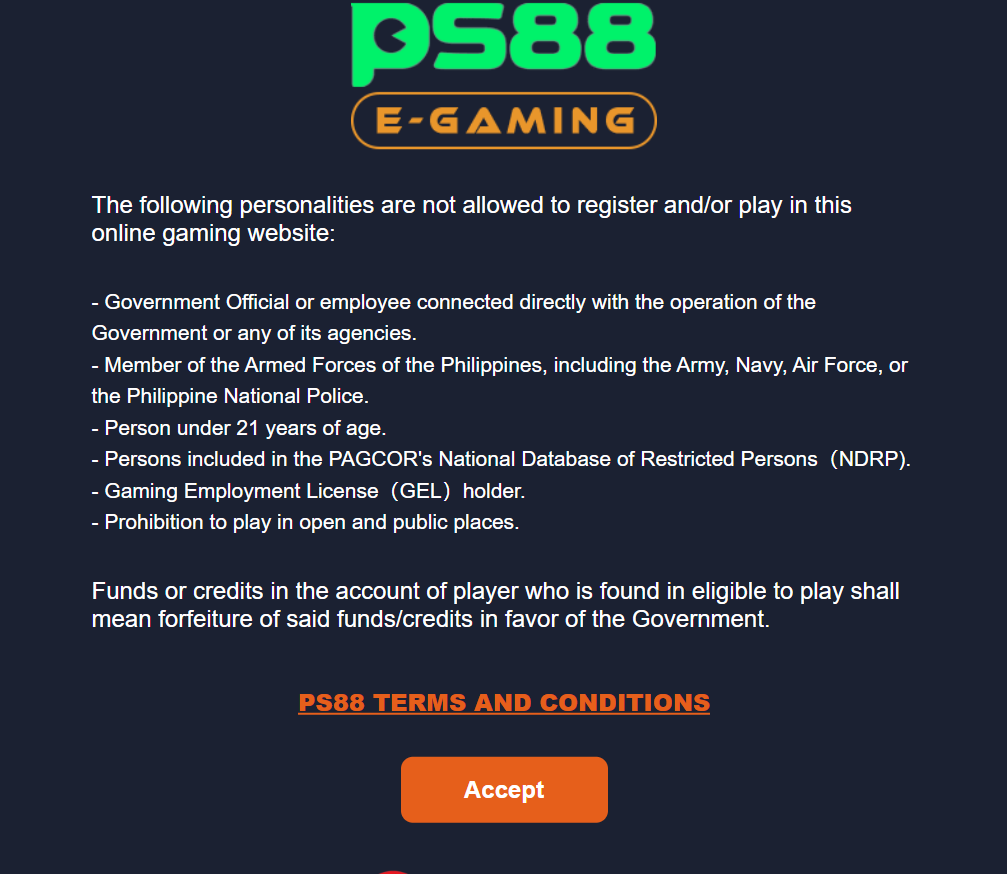
Netizens have voiced their concerns online on the gambling endorsements of different Filipino celebrities, with one saying: “when a celebrity promotes gambling… it can normalize risky behavior for millions of fans, many of whom are young or vulnerable.”
Another said, “It perpetuates gambling addiction… and destroys the lives of the people.”
Luke recalled an artist in the YouTube advertisement that triggered his curiosity to try online slot machines, which was his go-to game.
Initially, the young photographer would top-up P50. He later doubled the amount, then doubled it again. It went up to P500 until it reached P1,500 daily.
The most Luke has won was in the four digits, but admitted “I often lose.” “You don’t win everyday, actually. Laging talo.”
“The ban of e-gambling applications and websites on e-wallets is a good step,” Alon said. “But I’m afraid the problem needs more solutions than just that. Even now there are so many advertisements of said e-gambling websites in applications, public transportation and even billboards.”
There are many more anecdotes online where netizens expressed concern over their conditions, and they all began similarly.
It was curiosity for Luke and Alon, “and a bit of peer pressure.” For others, however, thoughts of these games being “harmless” and “just for fun” were their starting points.
“Problematic gambling” arises as feedback to winning, or “gusto natin mag-gamble dahil may reward system,” Bauson explained. “Parang na-e-excite tayo basta nag-ga-gamble tayo.”
But as the losses pile up, the more that problematic gambling occurs. “Yun ang mga myth natin… gusto natin habulin ang talo natin,” the psychiatrist pointed out.
Awareness, family and therapy
However, Bauson said the frequency of gambling is not the problem; instead, it is the uncontrollable urge to gamble.
“Hindi problema ang gambling. It’s not about [how] often you gamble. Ang kwan dun sa gambling is parang wala ka nang control; yun naman yung main [problem] doon eh,” he said.
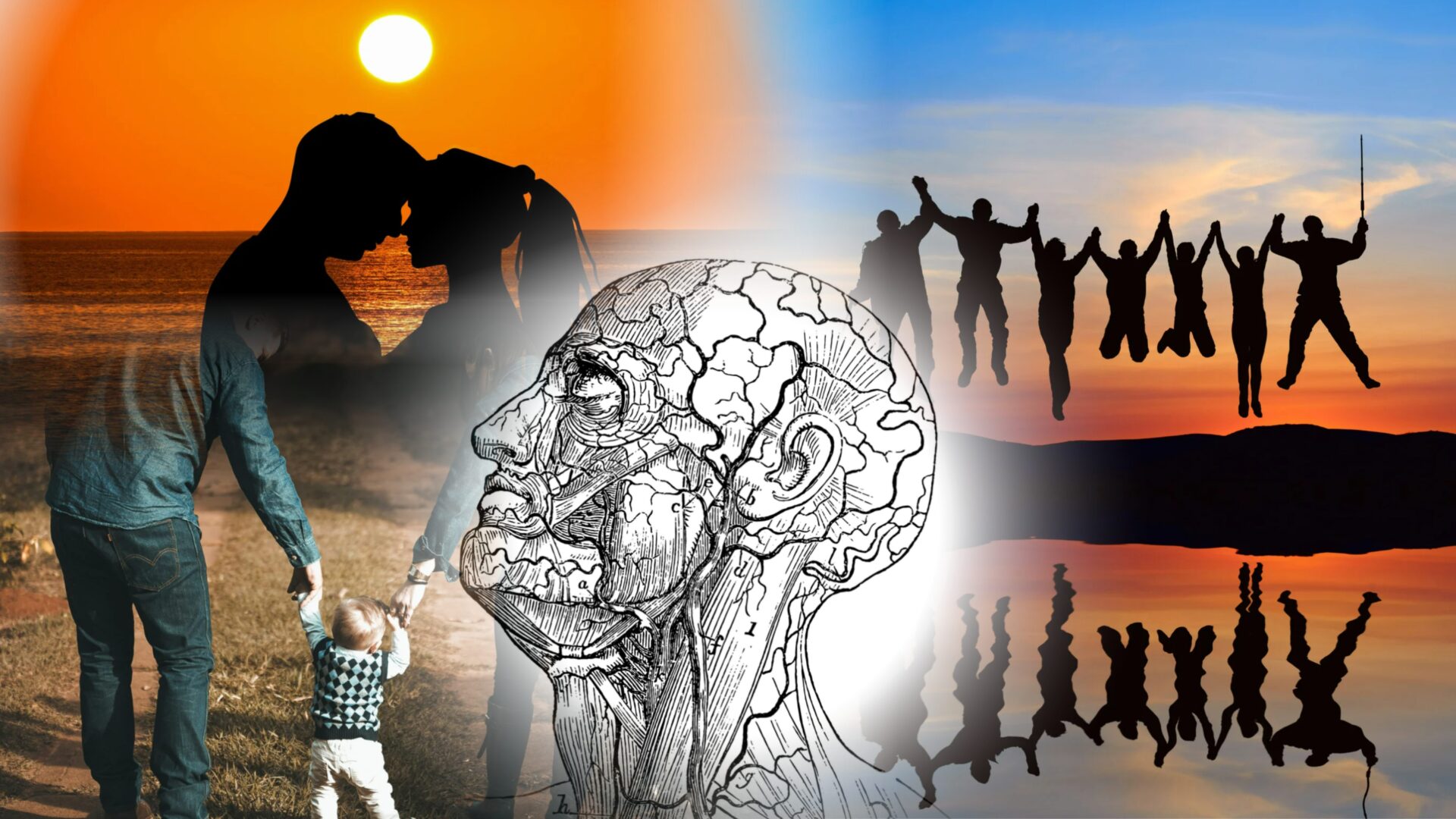
Both Bauson and Dellosa agreed on the importance of interpersonal relationships to help recover from gambling addiction, especially with family or friends, and the gamblers must be approached in a “non-confrontational” manner. To help a gambler recover requires a calm approach.
Luke’s older brother was the sign he needed to stop gambling.
“Nung nalaman lang ng kuya ko last month (August), doon lang ako tumigil eh. Pinagsabihan ako eh,” he said. “Kuya ko siya. Siya yung nakakatanda and I have to listen to him kasi, mostly siya rin nagbibigay ng baon ko dati.”
A full recovery is possible, Dellosa said, “as long as they have this desire to get well and there’s [a] good family support system.”
Alon was able to quit relatively easily compared to others who posted their experiences online, after a “dry streak” of continued losses. He used his own method of mentally tracking the number of days he has stopped gambling, likening it to a TikTok streak.
“As for the temptation to gamble, [I was] not really [tempted after I quit],” Alon said. “I felt na what I got was enough, [and] I didn’t need to go for more [money].”
Aside from familial discussions, the psychologists suggested other methods of recovery, including therapies—such as cognitive behavioral therapy and psychodynamic therapy—counseling, or rehabilitation for “very serious” gambling addiction.
Luke has been clean for two months already, following a 10-month online gambling spree since October 2024, while Alon has quit playing for over three months.
Editor’s note: This article was produced by a Journalism student of the University of Santo Tomas as part of his internship at VERA Files.
